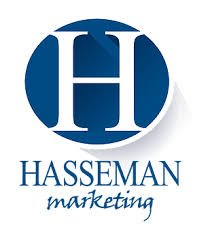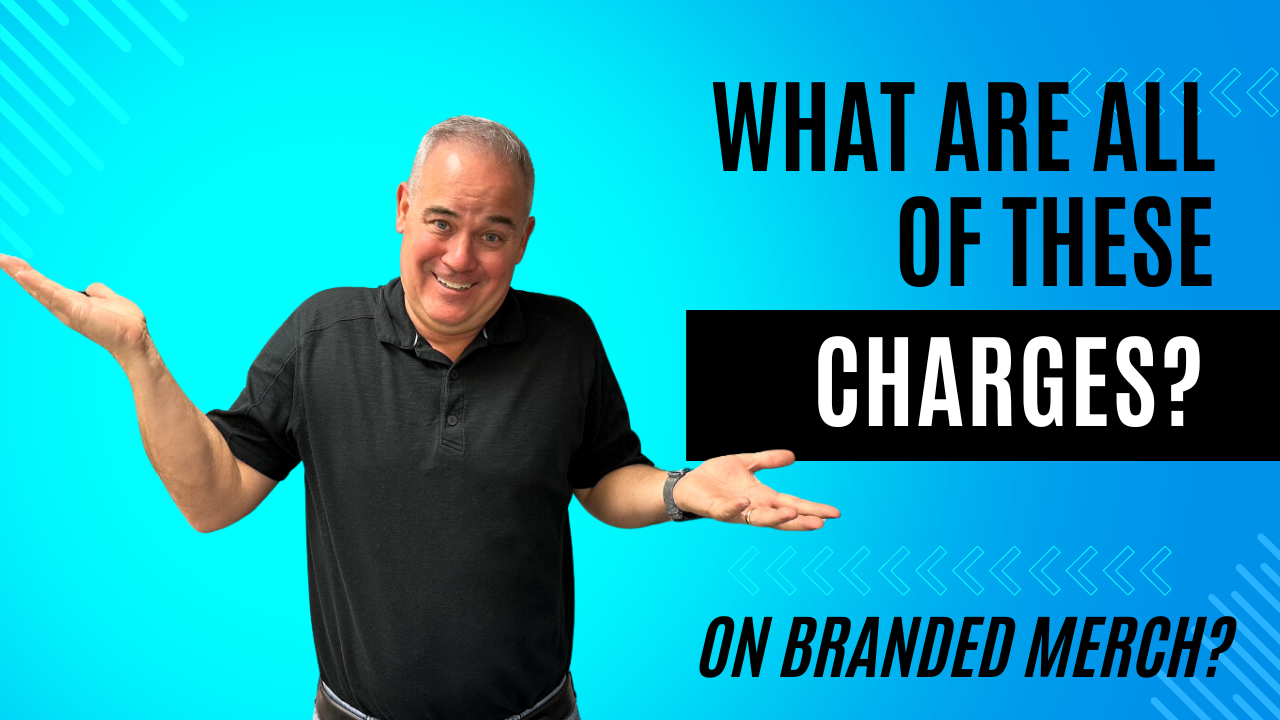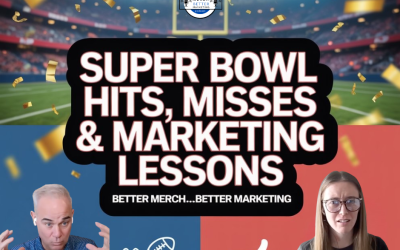Each week on DMJ 1 on 1, Kirby Hasseman takes on a different topic to help provide value to those looking to grow a brand or organization. This time Kirby tackles the question everyone has been asking. “What are all these charges on Branded Merch?” Have you ever been confused or frustrated by your invoice after purchasing branded merch? Then this episode is for you! Watch now…and feel free to read below.
DMJ 1 on 1: What Are All These Charges on Branded Merch?
The world of branded merchandise can be a labyrinth of extra charges and hidden fees. It’s a common experience for clients to receive an invoice that’s significantly higher than the initial quote, leading to confusion and frustration. Today we set out to demystify the pricing structure of branded merchandise and educate viewers on the various charges associated with it.
The video acknowledges the complexity of the pricing structure in the branded merchandise industry. It explains that these extra charges are often necessary for suppliers to compete on price in the industry. The goal of the video and this article is to provide insight into the pricing structure of branded merchandise and educate viewers about the extra charges associated with it.
Screen Charges
Screen charges are fees associated with creating physical screens for screen printing. These charges are necessary for each color used in the design. This means that a design with multiple colors will have multiple screen charges. Suppliers often save screens for up to two years, which can save on costs for repeat orders. However, screen charges can significantly impact the cost of branded merchandise, especially for small orders or designs with multiple colors.
While these charges may seem excessive, they are a necessary part of the screen printing process. The creation of screens involves labor and materials, and these costs need to be covered. Understanding this can help clients make informed decisions about their design and color choices.
Setup Fees
Setup fees are another common charge in the branded merchandise industry. These fees cover the time and labor required to set up machines and prepare for printing. Setup fees are common in digital printing and other printing methods that don’t require physical screens. Repeat setup fees may be charged for subsequent orders of the same design. These fees help suppliers cover the cost of labor and maintain competitive pricing.
Run Charges
Run charges are additional fees for running the job multiple times or in different locations. These charges may apply when printing multiple colors or printing in different areas of the product. Additional run charges can increase the overall cost of the order, especially for small quantities or complex designs.
Embroidery Charges
Embroidery charges are associated with creating digital files and setting up embroidery machines. A DST file is used to guide the sewing machine and ensure accurate embroidery. Embroidery charges are typically a one-time fee unless modifications to the design are requested. Keeping the art consistent can help avoid additional charges.
Art Charges
Art charges may apply when the provided artwork needs to be converted to a vector or camera-ready format. Vector art ensures that the design remains clear and doesn’t pixelate when resized. Art charges can be avoided by providing high-quality vector art. However, suppliers may need to clean up or modify artwork, resulting in additional charges.
Proof Charges
Proof charges are fees for reviewing and approving artwork before production. Proof charges act as an insurance policy to ensure the correct artwork is used. Some suppliers may charge proof fees, while others may not. As Kirby mentioned in the video, this charge can be a source of frustration for distributors and clients. But these charges have been created by using the supplier as the “art department” and requesting multiple proofs on every order. Implementing a system of one free proof could encourage better artwork preparation.
Less Than Minimum Charges
Less than minimum charges are fees for ordering quantities below the supplier’s minimum requirement. Suppliers may charge less than minimum fees to compensate for the inconvenience of producing smaller quantities. These charges cover the cost of handling and storing excess inventory.
PMS Color Match Charges
PMS color match charges are fees for matching specific colors using the Pantone Matching System. PMS color match ensures precise color reproduction for brands with specific color requirements. Matching colors accurately may require additional time and effort, resulting in extra charges. This fee will be charged for each color that needs to be specifically matched.
Shipping Charges
Shipping charges cover the cost of delivering the branded merchandise to the client. Shipping charges are necessary when products need to be shipped across the United States. Suppliers may include shipping charges in the overall pricing or list them separately. Considering shipping options and planning ahead can help mitigate shipping charges. But make no mistake, no distributor has the space to house the (over) 1 million promotional products for sale. So there will be a cost of shipping to deliver your order.
Conclusion
The world of branded merchandise can be a labyrinth of extra charges and hidden fees. However, understanding these charges can help clients make informed decisions and avoid surprises on the invoice. The goal of this article is to educate viewers about the extra charges associated with branded merchandise and provide insight into the pricing structure of the industry.
Remember, it’s always a good idea to ask for all charges upfront. This can help avoid surprises on the invoice and ensure that you’re getting the best value for your money. So the next time you’re ordering branded merchandise, don’t be afraid to ask questions and get the information you need.
We hope you are getting lots of value out of these DMJ 1 on 1’s! You can find all of the content we create on our blog page here. And if you want to create a marketing campaign that truly Hits The TARGET, check our FREE TARGET Marketing Playbook here.





